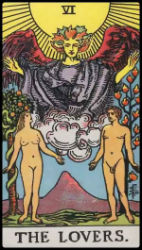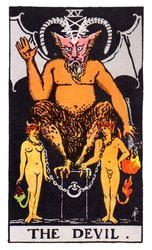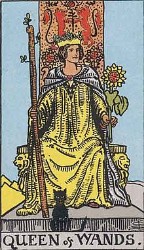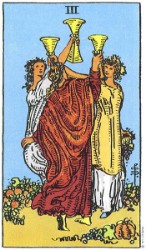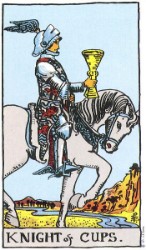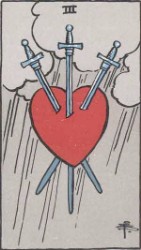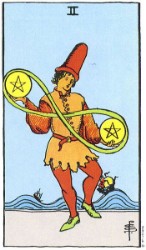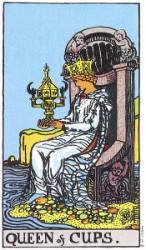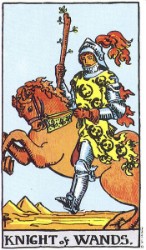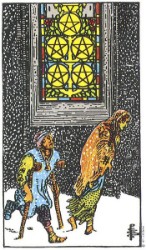
About a year and a half ago, I took the Myers-Briggs Type Indicator (MBTI) personality test and discovered that I belong to a group called the, “INFJ.” INFJs are essentially introverted intuitives and are as rare as hair on a frog. Only 1% of the population are INFJs and less than 1/2 of 1% of the population are INFJ males.
Americans love to think of themselves as being special and unique, of course, so a small cottage industry has arisen around being an INFJ. Claiming to be an INFJ has become sort of a short hand to tell other people how incredibly evolved and spiritual and sensitive you are.
There are a kazillion videos and books pointing out how FABULOUSLY wonderful INFJs are and you can even buy INFJ tee shirts and bumper stickers just in case some mere mortals missed the bulletin.
I, on the other hand, looked at the description of the personality type and thought, “Oh, I am SO fucked.”
One of the strongest human drives is the need to be heard and acknowledged. To have the feeling that other human beings – or even ONE human being – truly hears what we’re saying and understands what we’re feeling and thinking.
American couples spend millions of dollars every year going to therapists to learn how to communicate and to listen to each other. In other words, how to be heard by our partners.
Many of us derive a great deal of pleasure from social media sites like FaceBook because we feel that someone out there is actually hearing us and acknowledging our existence.
Thic Nhat Hahn and other Buddhist masters have stressed the importance of deep and compassionate listening. Hearing what the other person is really saying rather than composing a clever response while they’re speaking.
Actually being heard for who we are seems to heal the human heart.
While Americans may worship the concept of being, “unique,” they don’t really see the flip side of it, which is that the more different you are, the less likely it is that other people will actually understand you. Some people might look at the INFJ personality configuration and think, “Oh, boy, I’m SO special.” What they’re not seeing is that 99% of the people in the world don’t see the world the same way that the INFJ sees it and probably never will.
And that can break your heart. That can drive you to end it.
There are, of course, many other ways besides being an INFJ that will cause a person to not, “fit in.” I was born into an Army family and military brats are renowned for feeling like perpetual outsiders in the civilian community. It might be caused by belonging to a racial or ethnic minority, or having a disability, or being gay or trans, or not fitting the cultural standards of being physically attractive. Janis Ian expressed that so poignantly in her song, “At Seventeen”,:
I learned the truth at seventeen
That love was meant for beauty queens
And high school girls with clear-skinned smiles
Who married young and then retired . . .
High School, perhaps above all else, teaches us the cruel realities of not fitting in.
Oddly, not fitting in – being a misfit – can eventually quit breaking our hearts and act as a springboard to spiritual growth. That only happens, though, when we finally surrender and just give up.
What happens to a person who truly doesn’t fit in when they try to fit in? Essentially, they deny their own reality and desperately attempt to, “blend in.” They try to become what they think other people will like. They hollow themselves out more and more in the quest to have someone, even one person, understand them and love them for who they really are.
The paradox, of course, is that they’re trying to trick someone into loving them for who they are by being who they aren’t, so even if they snag a friend or a lover or a partner, they’re still not really being seen or loved.
Eventually, if we keep that up, we come to feel like the beggars in the Five of Pentacles, always on the outside in the cold while the, “normal,” people are inside the church receiving all of the blessings that seem to be their birthrights.
There’s something incredibly liberating, though, when we finally admit to ourselves that we don’t fit in and never will. When we finally admit that we’re never going to be one of the beautiful, golden people who seem to wear their lives like a tailored glove.
No, it doesn’t mean that we’ll finally be heard or acknowledged by other people. In fact, the more we become our authentic selves, the more likely it is that other people will not hear us.
But . . . we can finally hear our Selves.


